2024 was the year where AI finally started returning on investment
It's taken a while, but enterprises are finally beginning to see the benefits of AI


It’s been a whirlwind two years in the generative AI race. Since ChatGPT launched in November 2022, we’ve gone from concerns over sentient world-killing AI supervillains to tempered expectations on what enterprises can actually gain from the technology.
While there’s obviously great potential in generative AI from a business perspective – be it cost savings, improvements to operational efficiency, and productivity boosts for staff – the messaging hasn’t quite matched up to the promises made by big tech providers.
That’s not to say gains haven’t been made, however. In certain roles and industry verticals, the technology is proving highly beneficial. Take software development, for example.
Research from GitHub this year found its Copilot AI coding assistant helped developers write code 55% faster. That’s a significant boost to efficiency by any standards, and it wasn’t the only advantage. Developers reported improvements to readability, maintainability, and reliability of code.
Of course, GitHub has a vested interest in promoting the incredible gains that can be unlocked by its proprietary tool. Alternative research has questioned the claims, noting that AI coding tools are actually causing more problems than they solve.
But there’s more to AI adoption than simply purchasing shiny new tools and throwing them at employees. A strategic approach to AI adoption across all levels of the enterprise is far trickier, time-consuming, and costly.
And it’s that last aspect of the equation that’s left many tech leaders in a rut.
Get the ITPro daily newsletter
Sign up today and you will receive a free copy of our Future Focus 2025 report - the leading guidance on AI, cybersecurity and other IT challenges as per 700+ senior executives
2023 was a year of unbridled hype and hyperbole when it came to generative AI, with industry leaders like Microsoft making grandiose promises about how AI assistants, or ‘copilots’, will be a game changer.
But you would’ve been better off watching paint dry than keeping tabs on the news cycle for tangible use cases and case studies at that time.
Simply put, AI just wasn’t delivering financial gains for early adopters. In a study published earlier this year, IT leaders described return on investment (ROI) in AI as a ‘finger in the air’ exercise.
Confusion over when the benefits would arrive and when the coffers would start filling up has been a recurring theme of the generative AI era so far. According to Forrester’s Q2 AI Pulse Survey, around half of enterprise decision makers said their organisation expects a return on investment within one-to-three years.
Meanwhile, another 44% said they expect ROI to take far longer. Given the scale of investment required, it’s hardly surprising some tech leaders have been sweating.
Going into this period, purse strings were already tight and enterprises were cutting costs across the board. The fact many even had the financial flexibility to dive headlong into this latest industry trend is perplexing - maybe offloading thousands of workers helped loosen things up slightly.
Light on the horizon
Looking ahead to 2025, however, things are promising. In recent months we’ve seen tangible real-world examples of generative AI delivering on its promises.
Research from Google Cloud in August showed that seven-in-ten UK firms have already seen a positive ROI from the tech in at least one use case. Somewhere between 32% and 45% said they expect to achieve ROI on their roll-out strategies within the next year.
These ROI examples are all in distinct areas in the business, with the most promising use-cases arising in customer and field service roles. Digital commerce and customer experience are two other areas where firms are unlocking value, Google Cloud found.
Analysis from Microsoft and IDC also shows growing room for optimism on the ROI front, with a study published in November showing generative AI offers an ROI of $3.70 for every dollar invested.
Deployment times are also shrinking, the study noted, taking less than eight months to complete a roll-out, and an ROI within 13 months.
It’s taken a while, but we got there in the end, I guess.
Big tech providers aren’t content with standing still, however. We’ve got a new fad emerging in the broader industry now that will once again rule the airwaves in the year ahead - namely agentic AI.
Among the early champions of this new ‘era’ in the generative AI race has been Salesforce, which launched its Agentforce service in September this year. CEO Marc Benioff has been highly vocal about the benefits of agentic AI and at the firm’s Dreamforce conference took the opportunity to slam Microsoft’s Copilot service repeatedly.
Agentic AI represents a step change in how enterprises use the technology. Rather than investing in clunky AI assistants that sit adjacent to the human worker, agents will carry out tasks on their behalf.
So far, the signs are promising - albeit rather concerning if you’re a worker in the business segments agents will be embedded in.
Given it’s taken two years to begin truly unlocking value from generative AI, diving nose first into the latest trend will be a daunting task for many enterprise IT leaders, but one I’m sure they’ll still relish.
Discussions over return on investment with agentic AI will likely be the next rinse-and-repeat process for the industry.

Ross Kelly is ITPro's News & Analysis Editor, responsible for leading the brand's news output and in-depth reporting on the latest stories from across the business technology landscape. Ross was previously a Staff Writer, during which time he developed a keen interest in cyber security, business leadership, and emerging technologies.
He graduated from Edinburgh Napier University in 2016 with a BA (Hons) in Journalism, and joined ITPro in 2022 after four years working in technology conference research.
For news pitches, you can contact Ross at ross.kelly@futurenet.com, or on Twitter and LinkedIn.
-
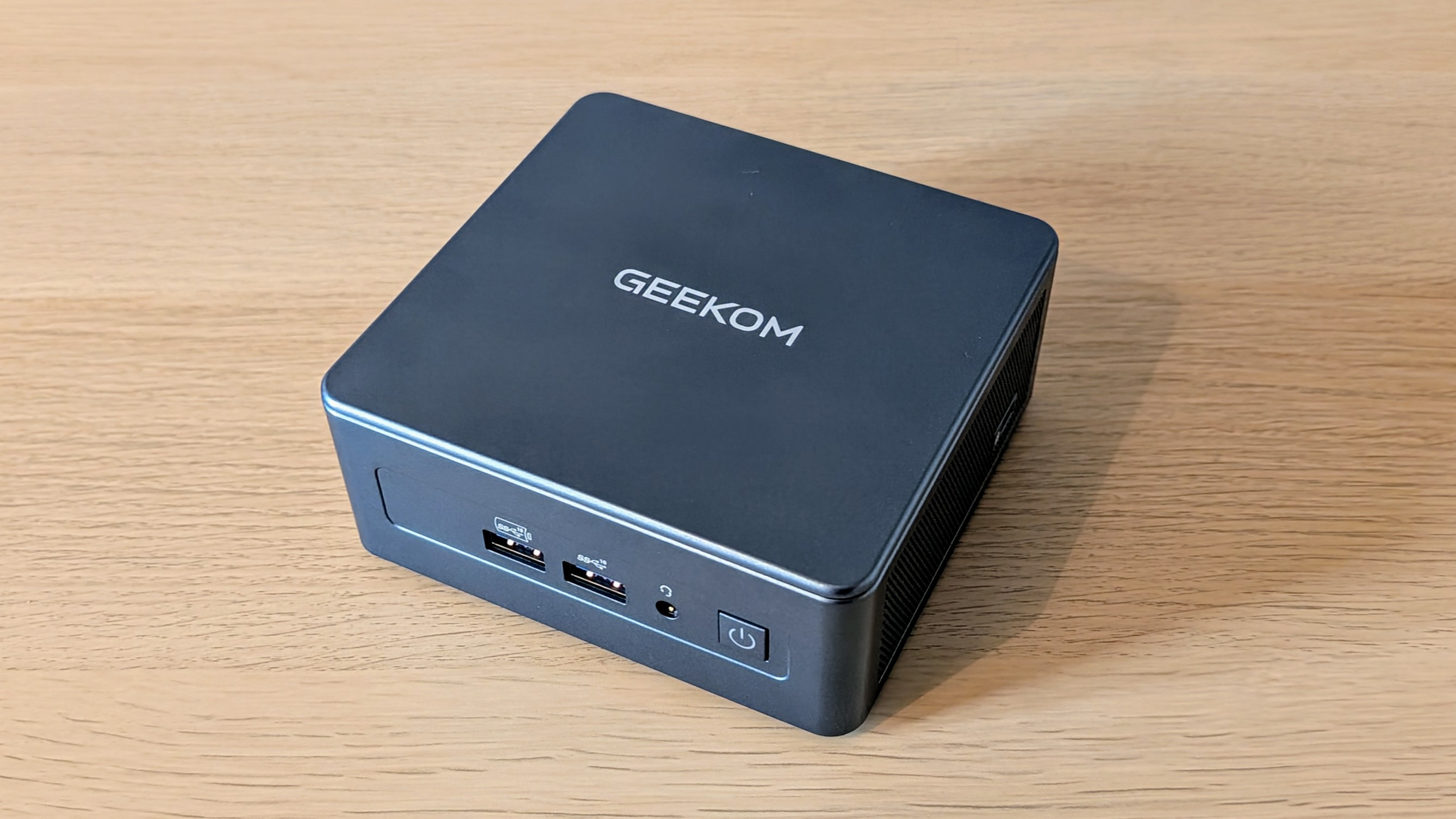 Geekom Mini IT13 Review
Geekom Mini IT13 ReviewReviews It may only be a mild update for the Mini IT13, but a more potent CPU has made a good mini PC just that little bit better
By Alun Taylor
-
 Why AI researchers are turning to nature for inspiration
Why AI researchers are turning to nature for inspirationIn-depth From ant colonies to neural networks, researchers are looking to nature to build more efficient, adaptable, and resilient systems
By David Howell
-
 Third time lucky? Microsoft finally begins roll-out of controversial Recall feature
Third time lucky? Microsoft finally begins roll-out of controversial Recall featureNews The Windows Recall feature has been plagued by setbacks and backlash from security professionals
By Emma Woollacott
-
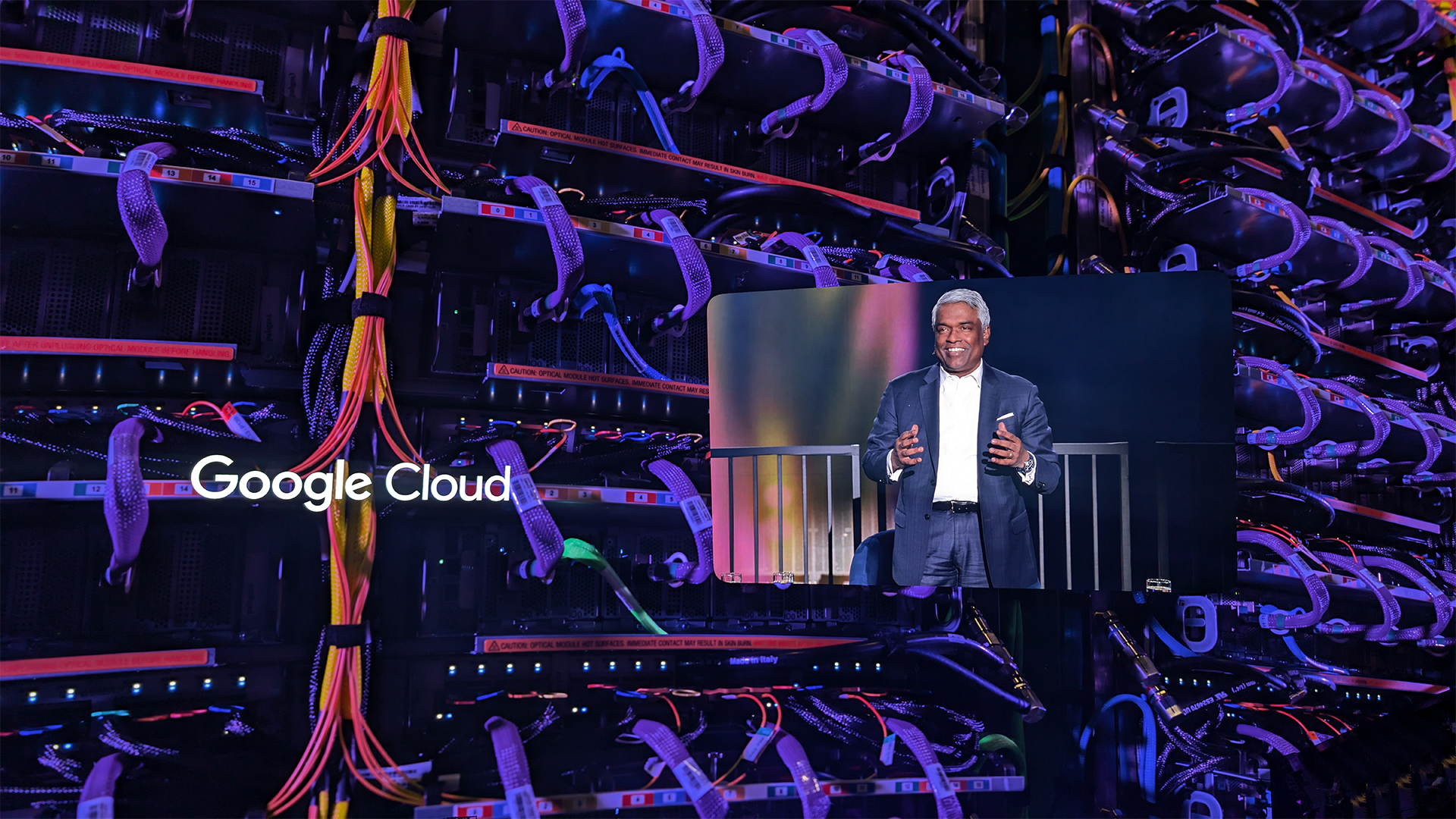 Google Cloud is leaning on all its strengths to support enterprise AI
Google Cloud is leaning on all its strengths to support enterprise AIAnalysis Google Cloud made a big statement at its annual conference last week, staking its claim as the go-to provider for enterprise AI adoption.
By Rory Bathgate
-
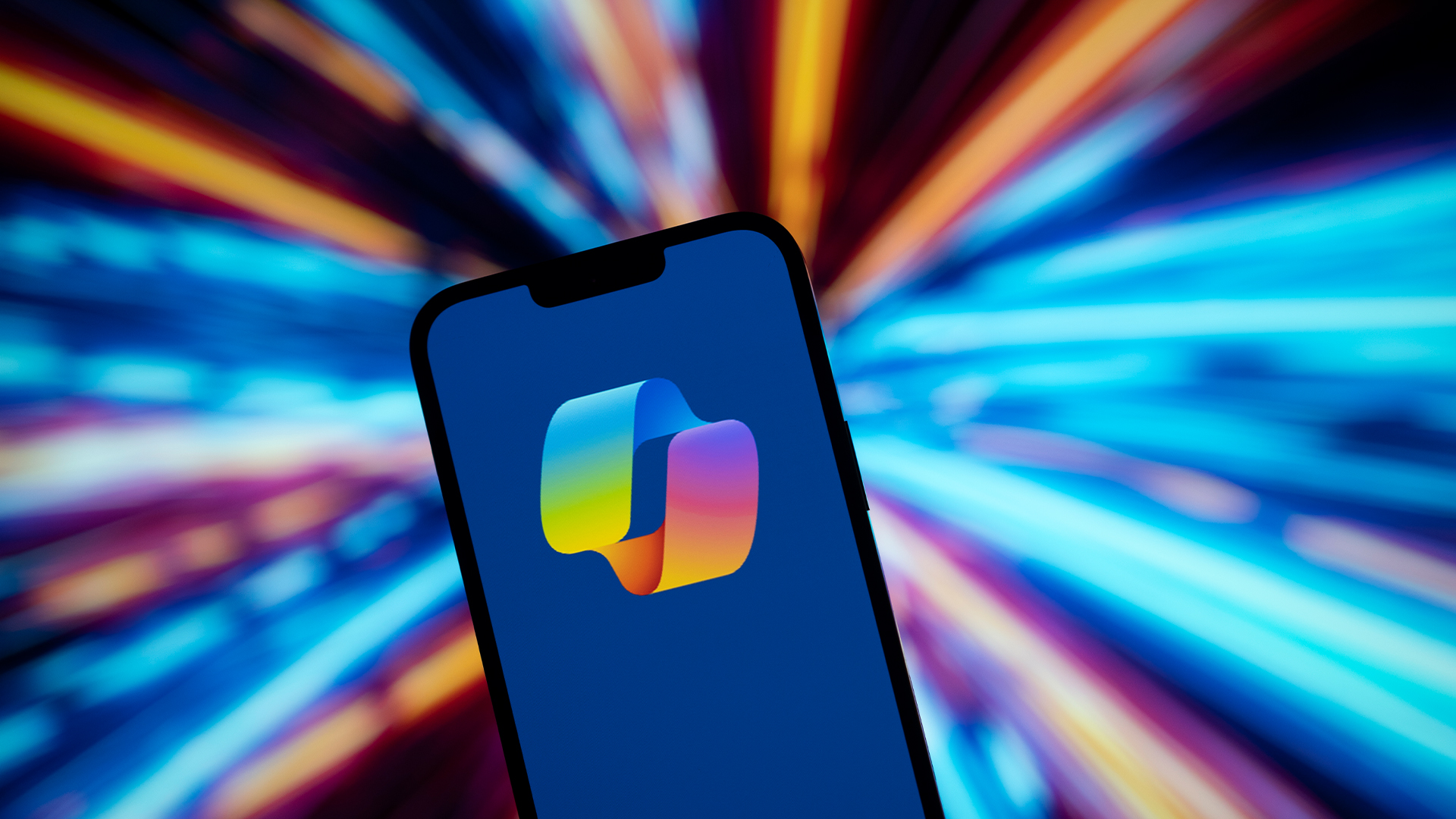 Microsoft launches new security AI agents to help overworked cyber professionals
Microsoft launches new security AI agents to help overworked cyber professionalsNews Microsoft is expanding its Security Copilot service with new AI agents to help overworked IT teams deal with surging security threats.
By Bobby Hellard
-
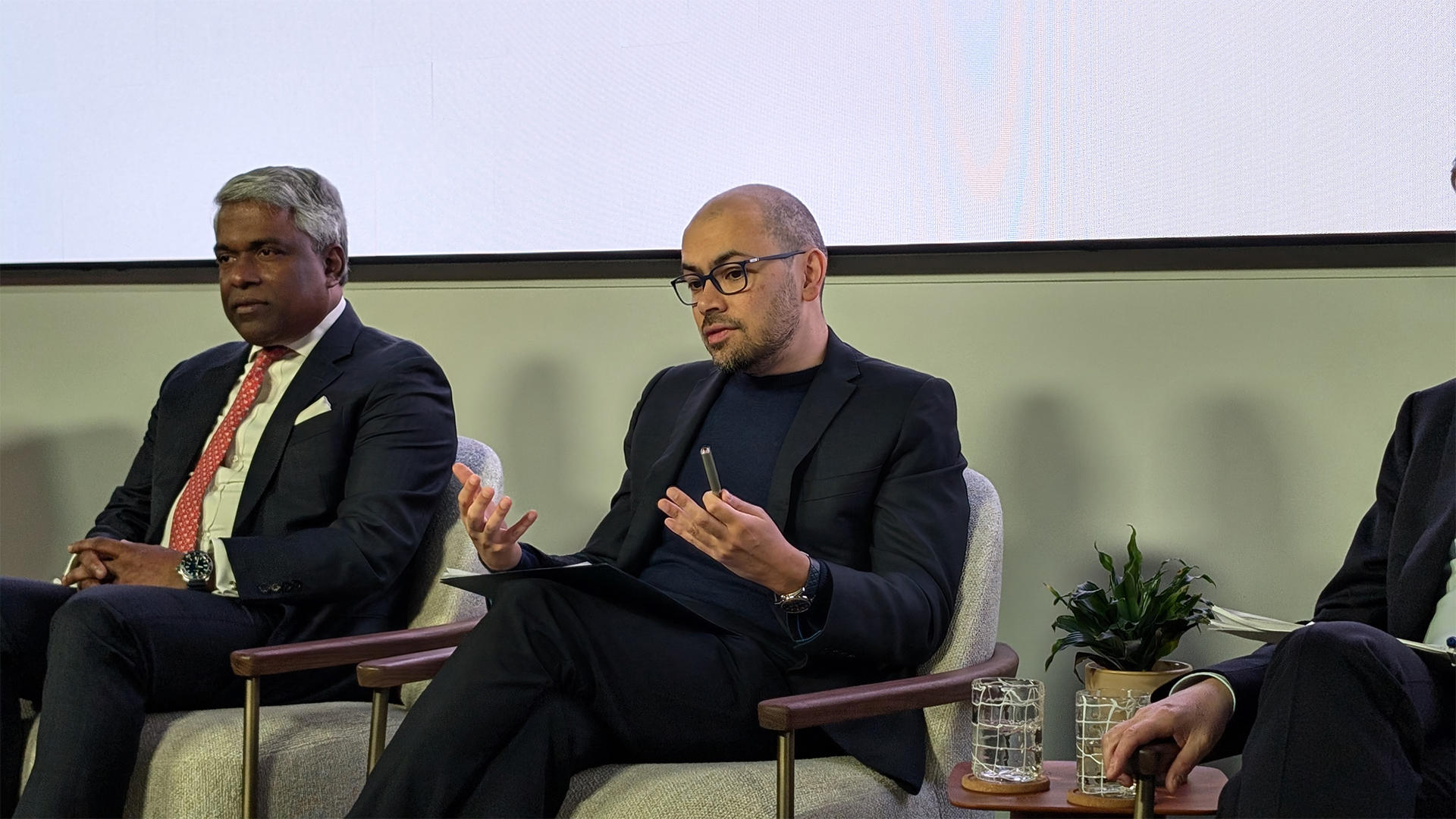 Google DeepMind’s Demis Hassabis says AI isn’t a ‘silver bullet’ – but within five to ten years its benefits will be undeniable
Google DeepMind’s Demis Hassabis says AI isn’t a ‘silver bullet’ – but within five to ten years its benefits will be undeniableNews Demis Hassabis, CEO at Google DeepMind and one of the UK’s most prominent voices on AI, says AI will bring exciting developments in the coming year.
By Rory Bathgate
-
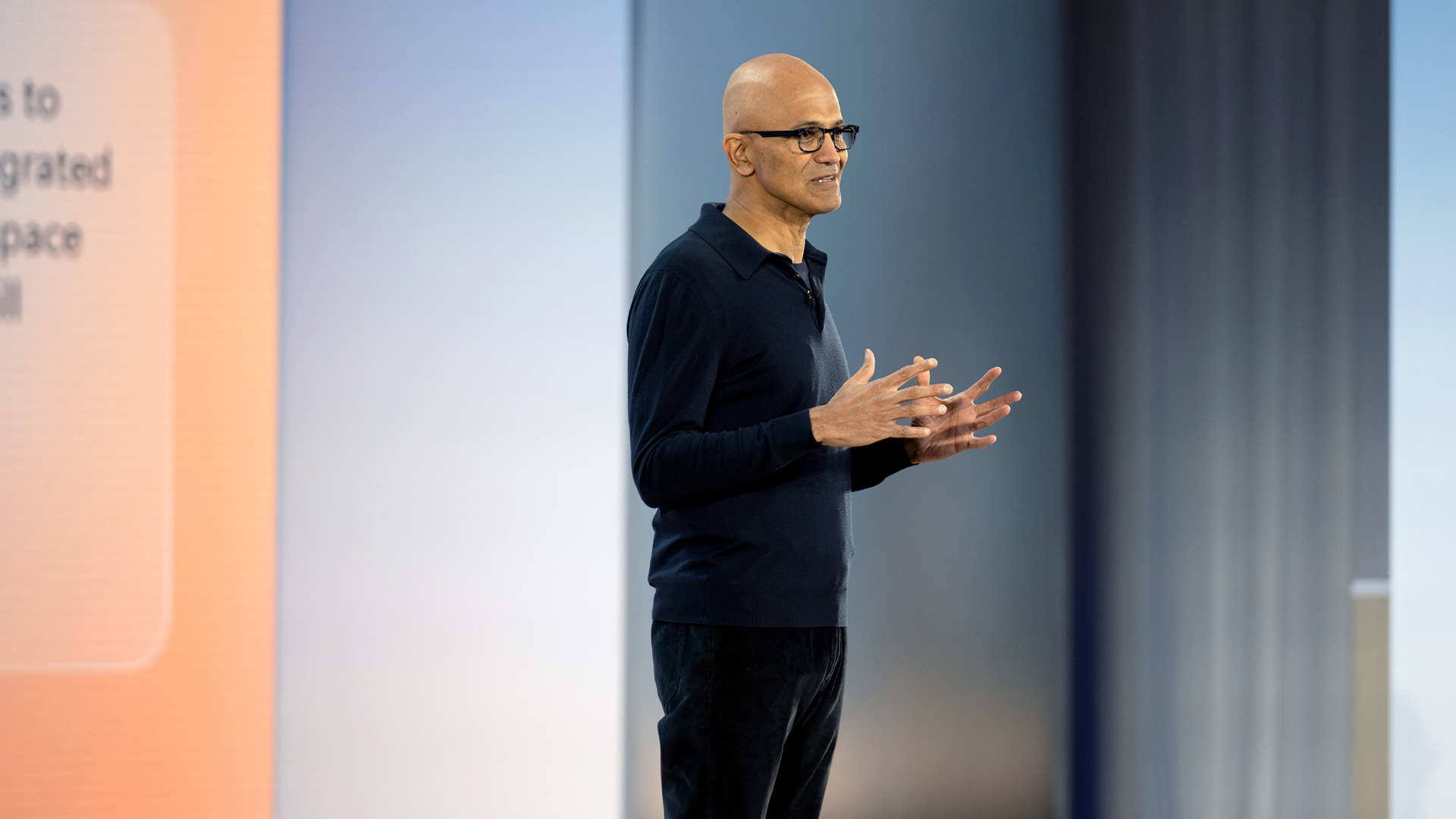 ‘The entire forecasting business process changed’: Microsoft CEO Satya Nadella says Excel changed the game for enterprises in 1985 – he’s confident AI tools will do the same
‘The entire forecasting business process changed’: Microsoft CEO Satya Nadella says Excel changed the game for enterprises in 1985 – he’s confident AI tools will do the sameNews The Microsoft CEO says we need to change how we measure the value of AI
By George Fitzmaurice
-
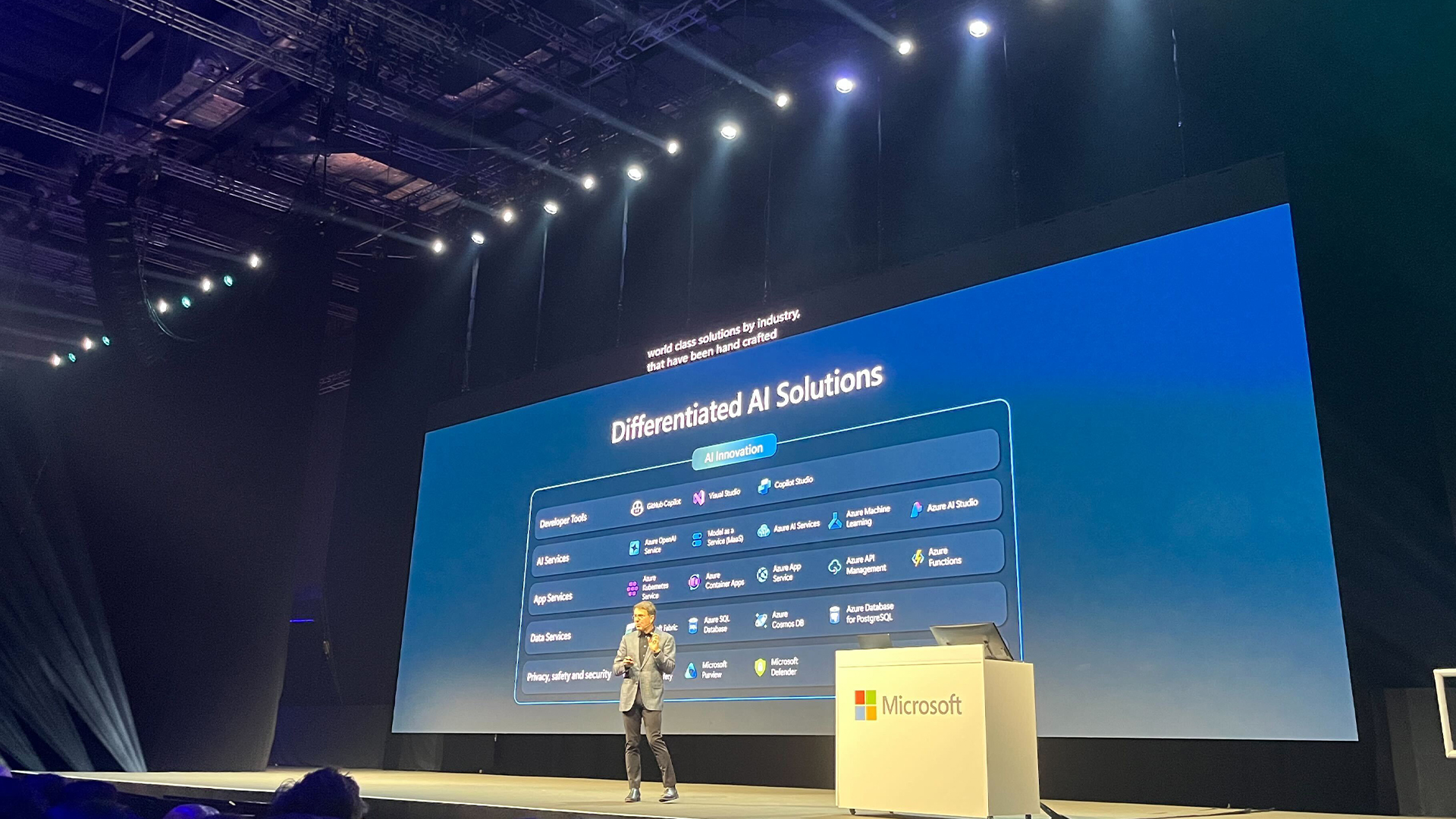 Microsoft exec touts benefits of AI productivity gains
Microsoft exec touts benefits of AI productivity gainsNews Microsoft CCO Judson Althoff said the company is unlocking significant efficiency gains from AI tools internally.
By George Fitzmaurice
-
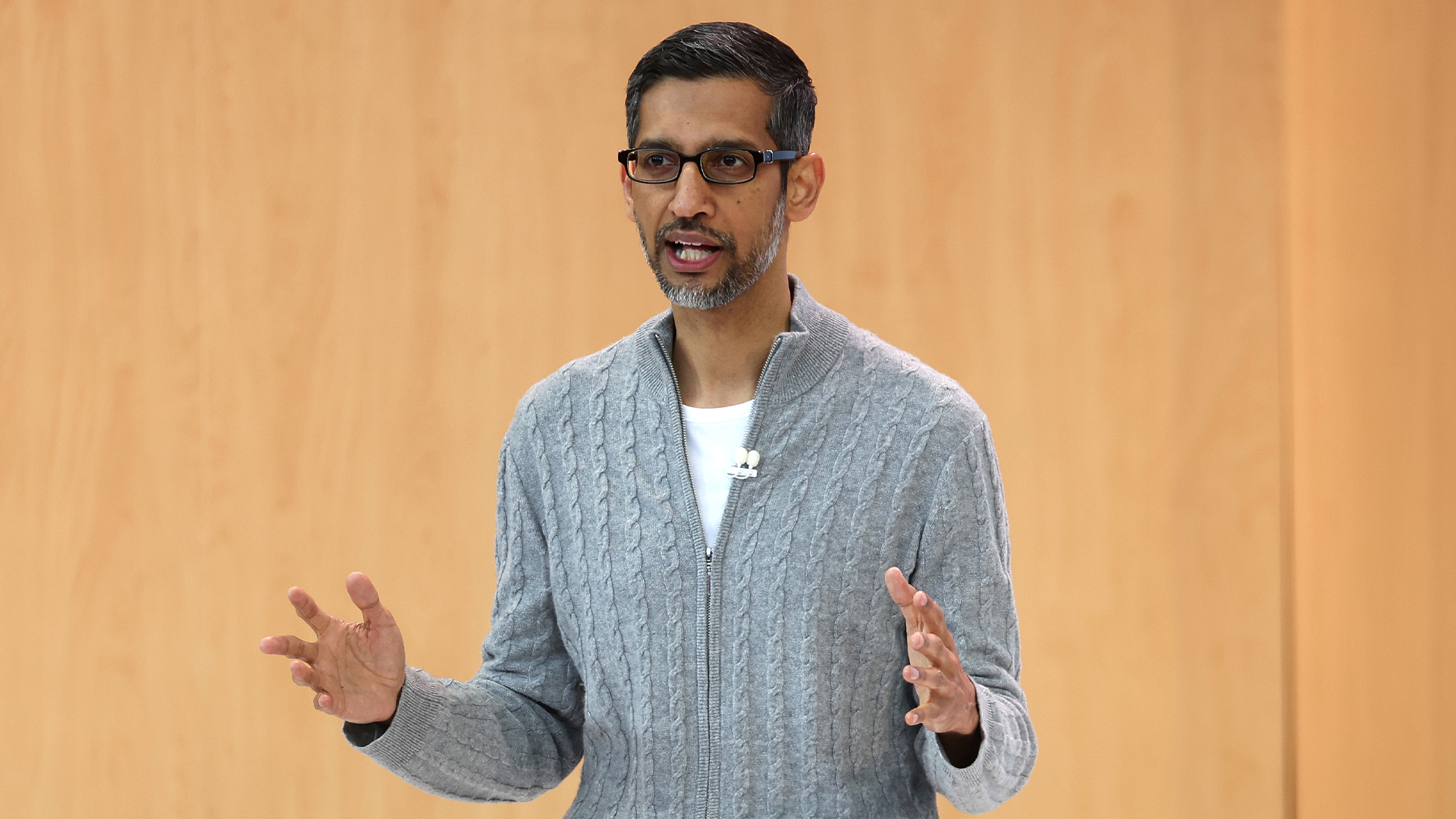 Google CEO Sundar Pichai says DeepSeek has done ‘good work’ showcasing AI model efficiency — and Gemini is going the same way too
Google CEO Sundar Pichai says DeepSeek has done ‘good work’ showcasing AI model efficiency — and Gemini is going the same way tooNews Google CEO Sundar Pichai hailed the DeepSeek model release as a step in the right direction for AI efficiency and accessibility.
By Nicole Kobie
-
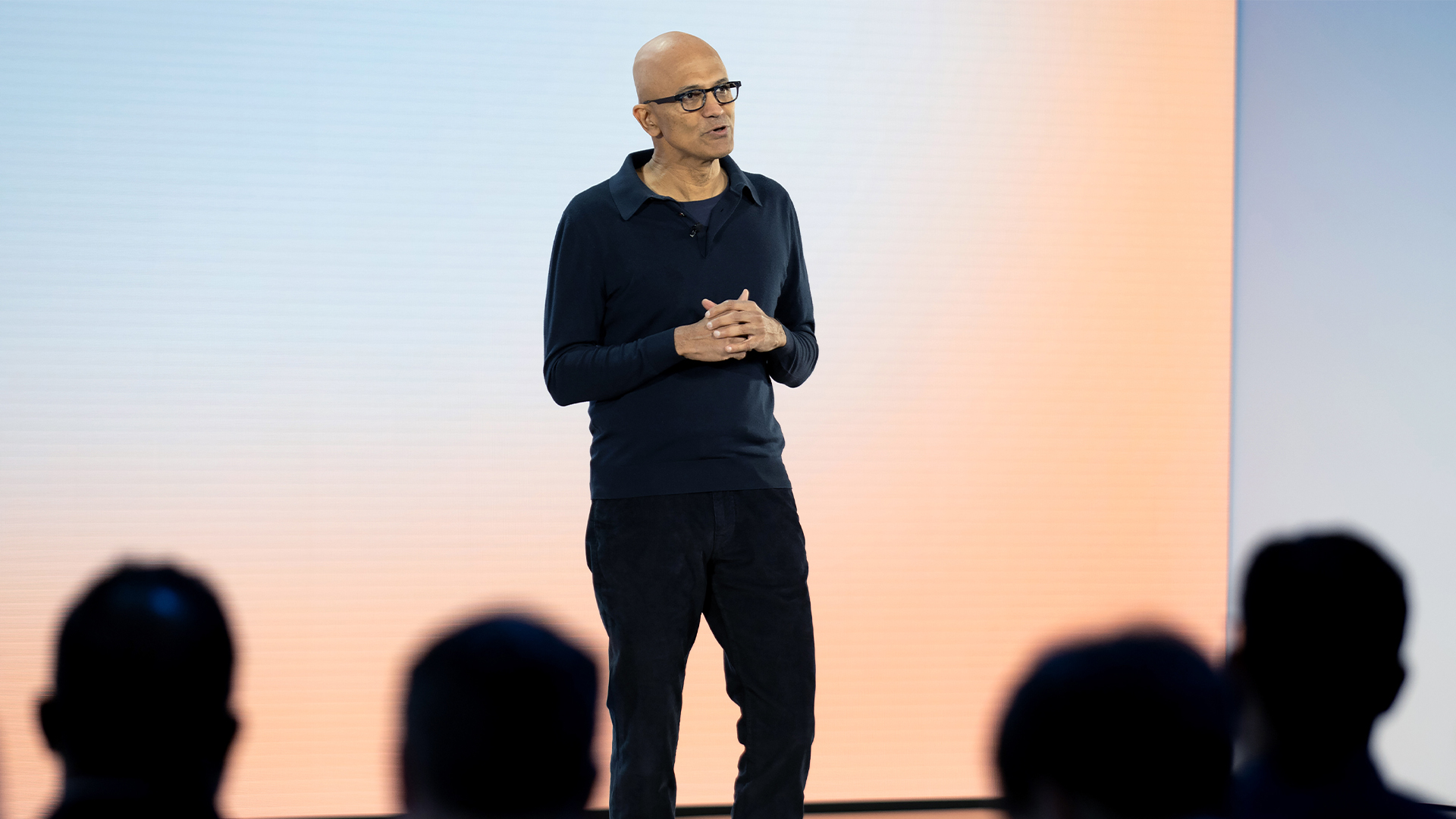 ‘We’ve created an entirely new state of matter’: Satya Nadella hails Microsoft’s 'Majorana' quantum chip breakthrough
‘We’ve created an entirely new state of matter’: Satya Nadella hails Microsoft’s 'Majorana' quantum chip breakthroughNews Microsoft has unveiled a new chip it says could deliver quantum computers with real-world applications in ‘years, not decades'.
By Emma Woollacott